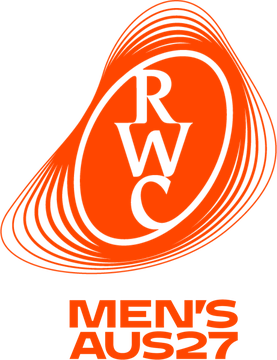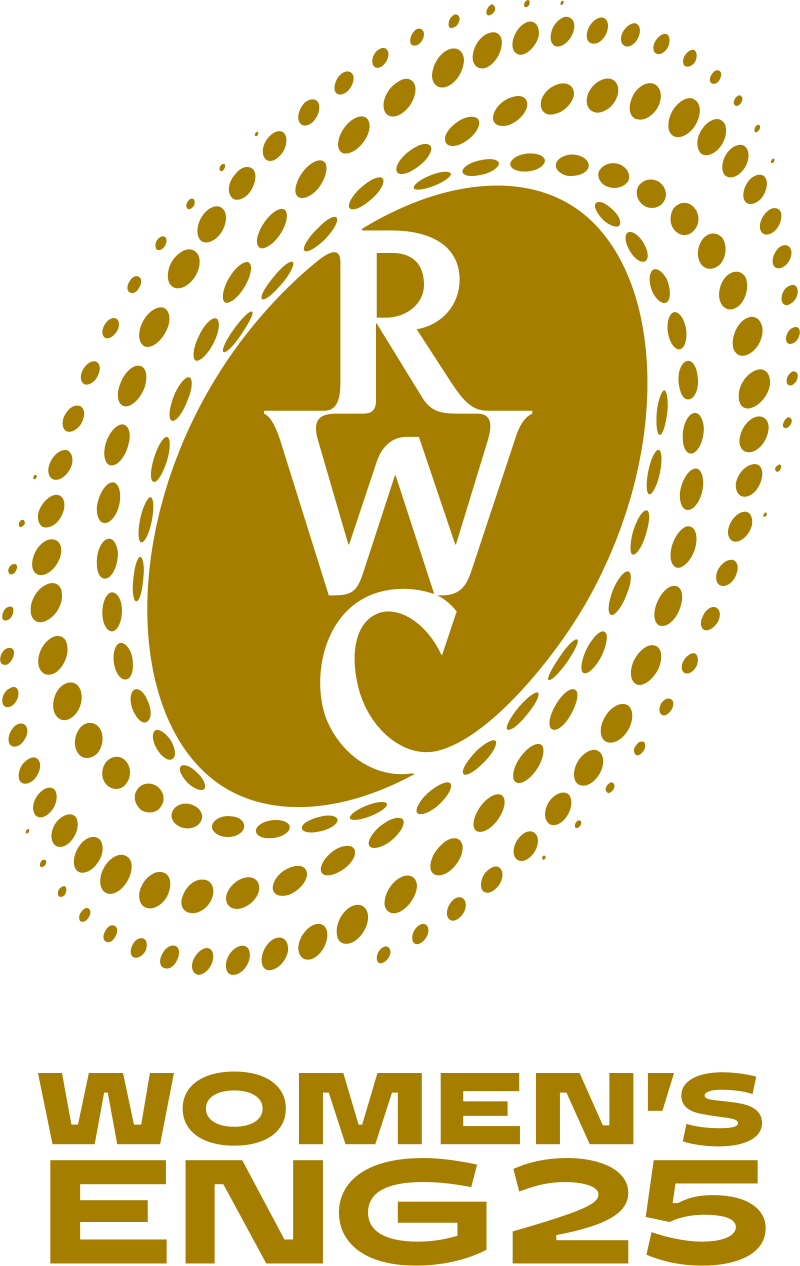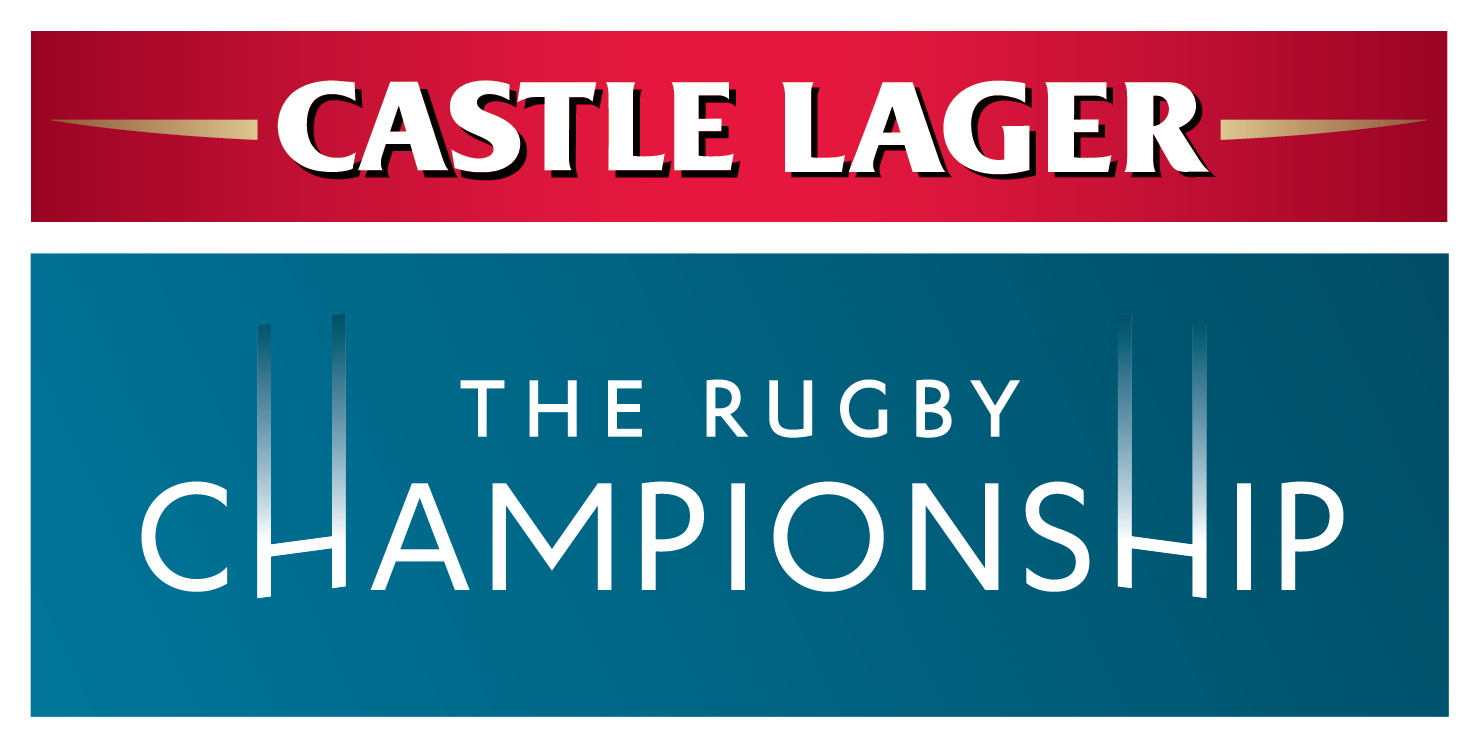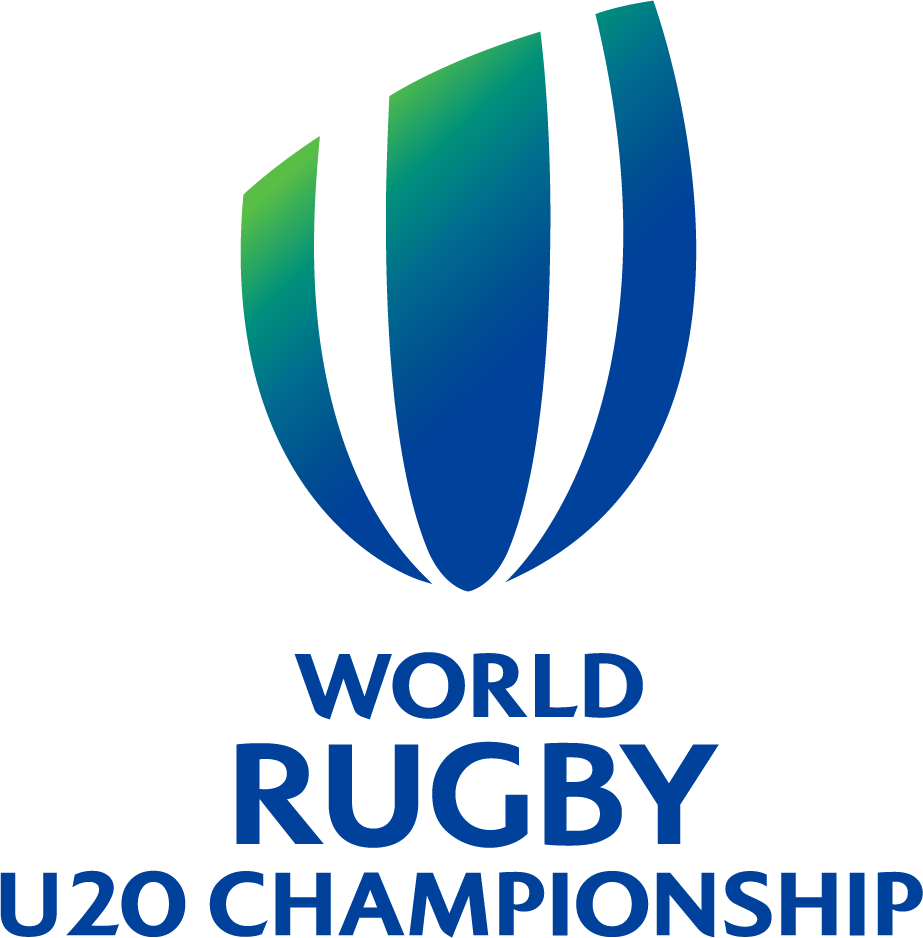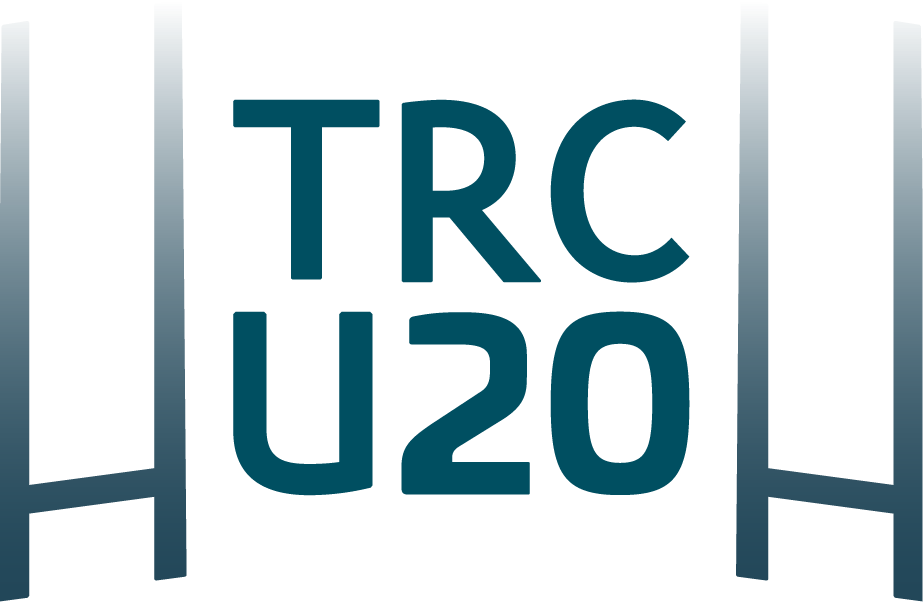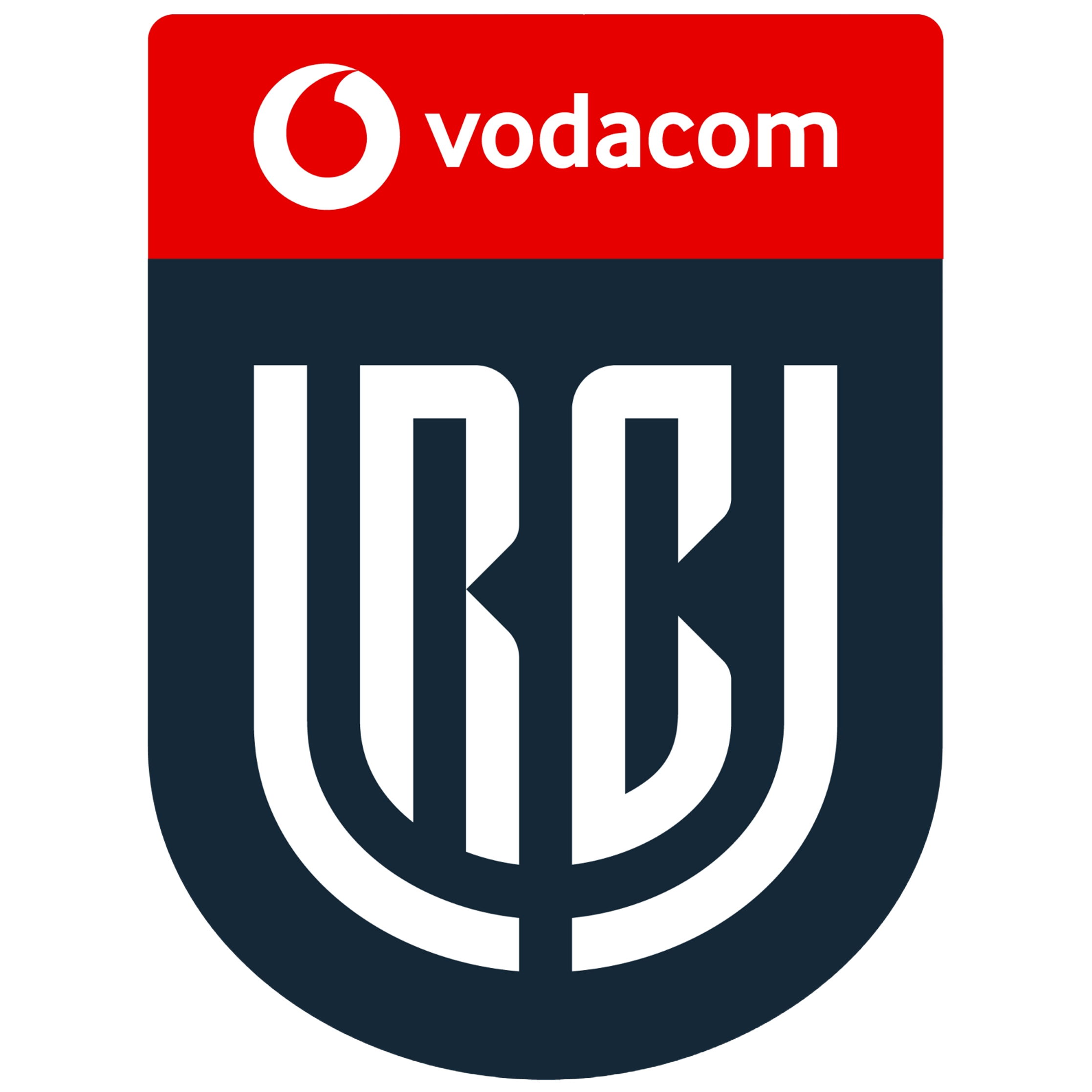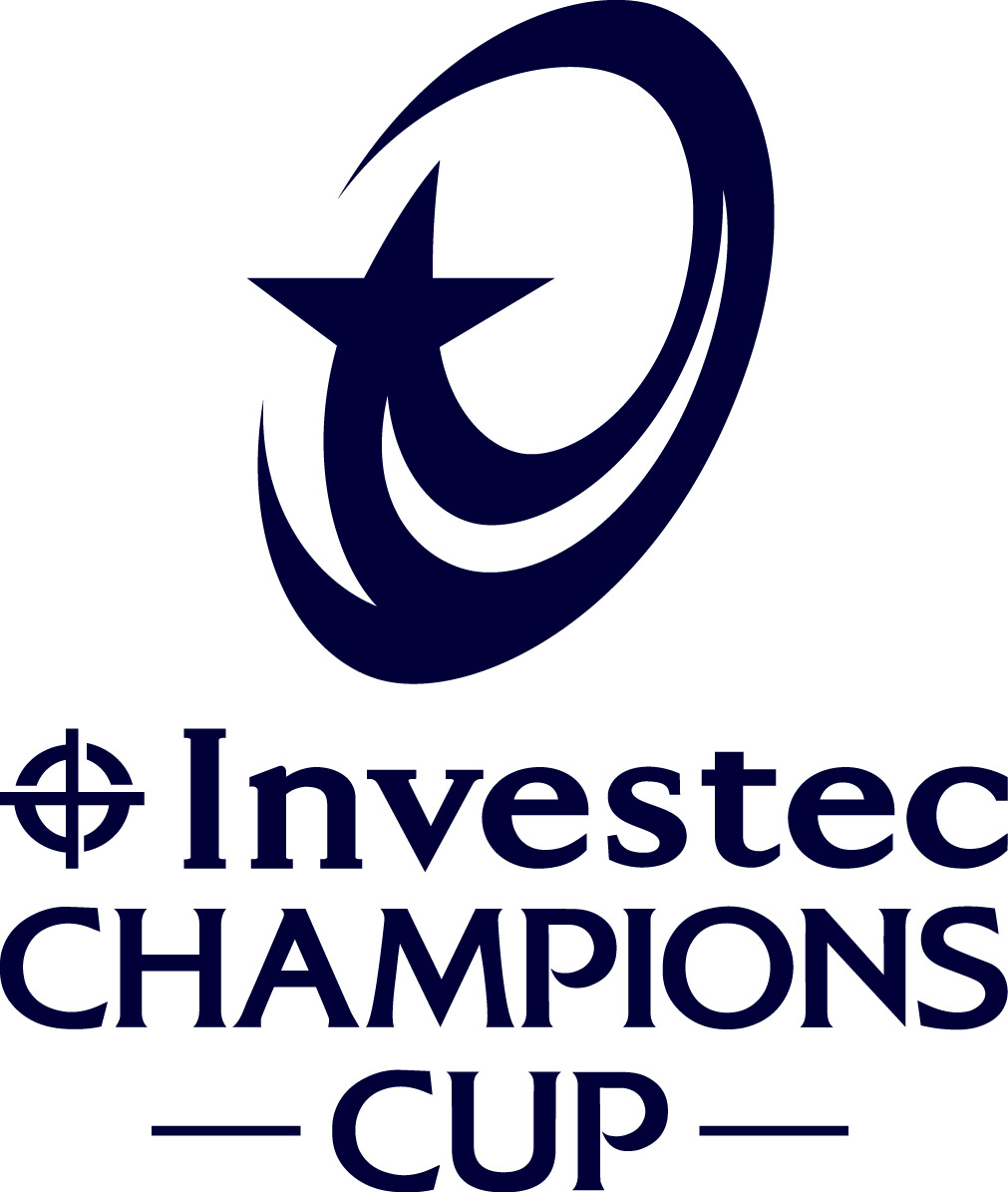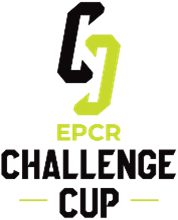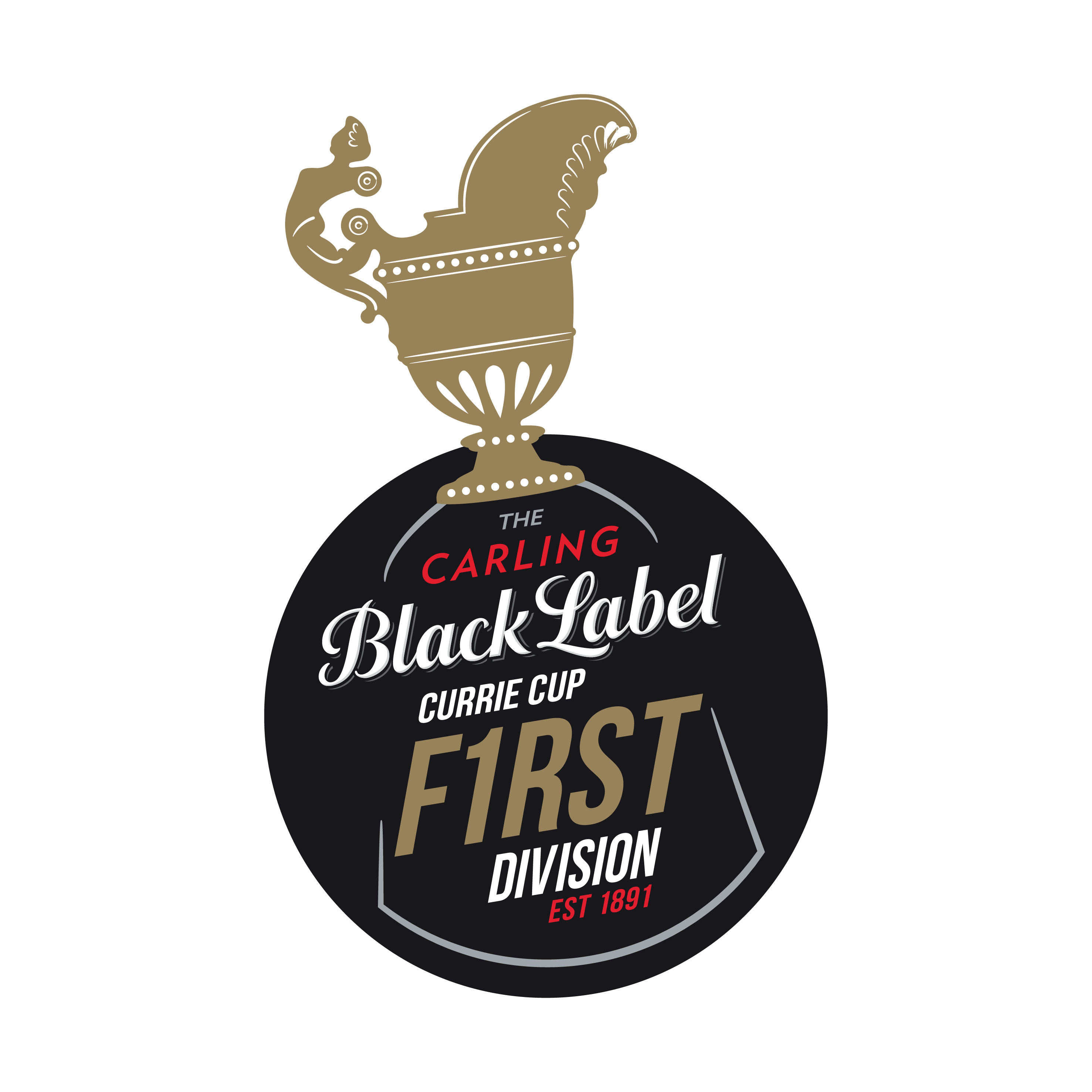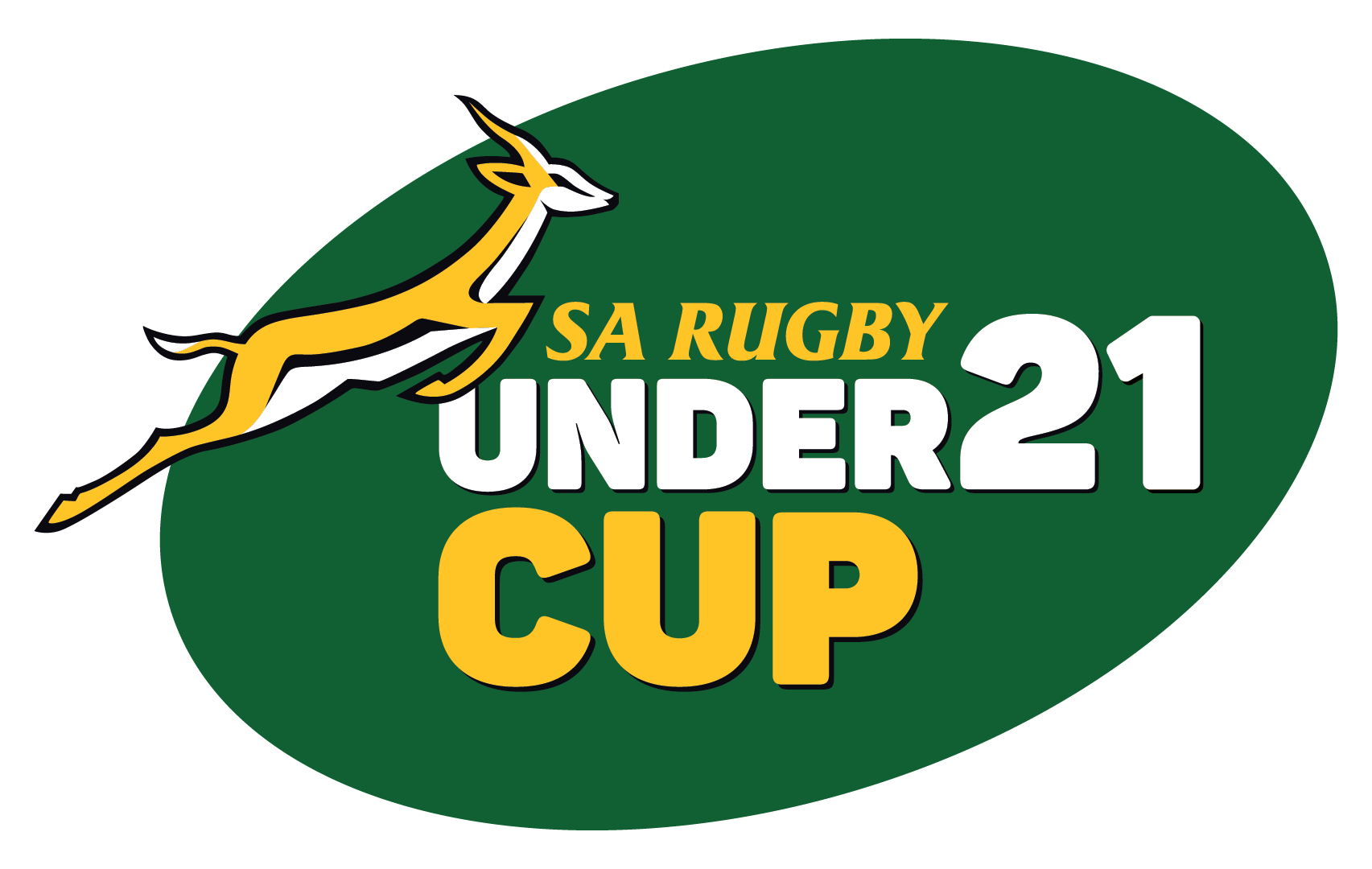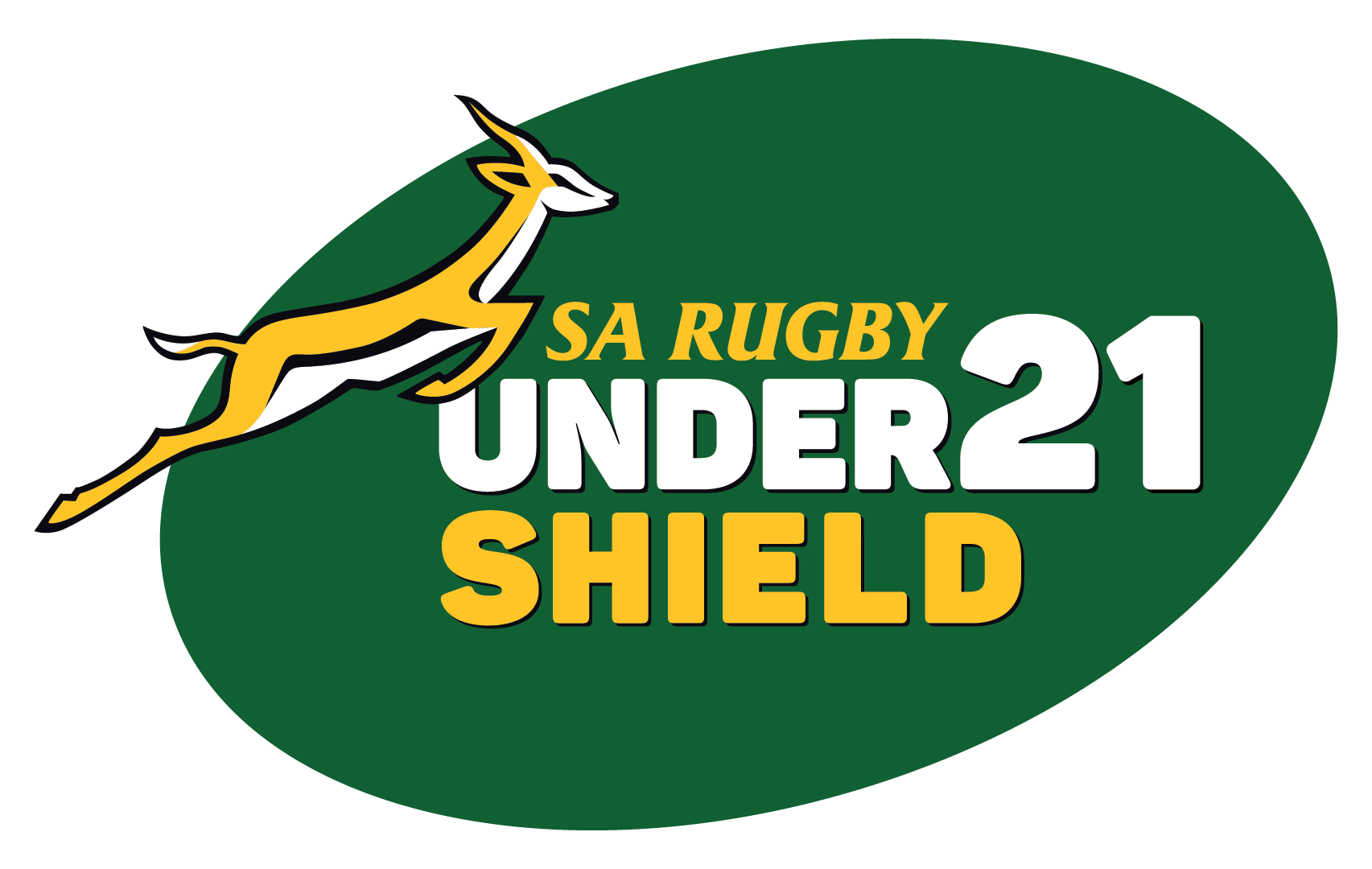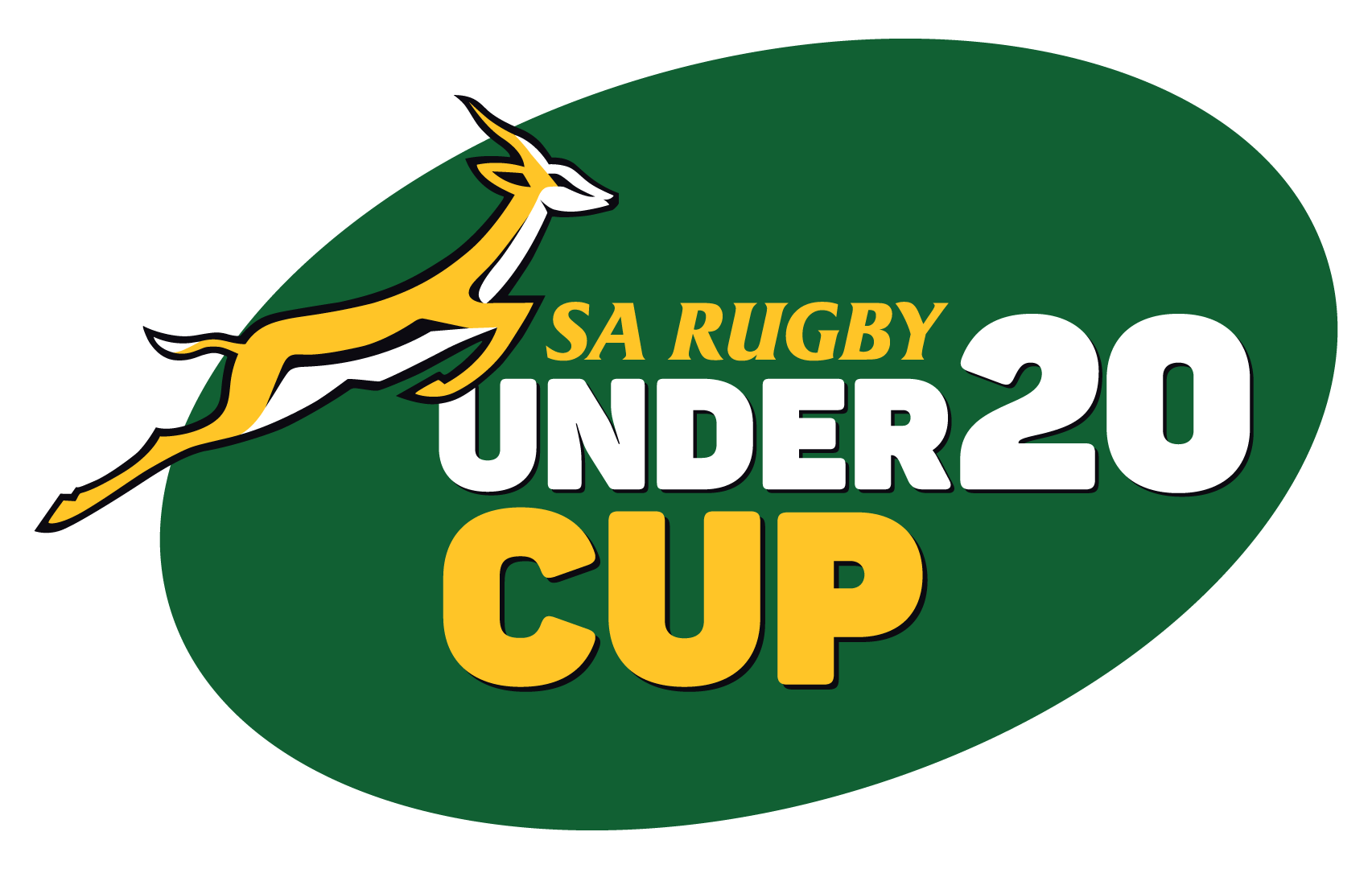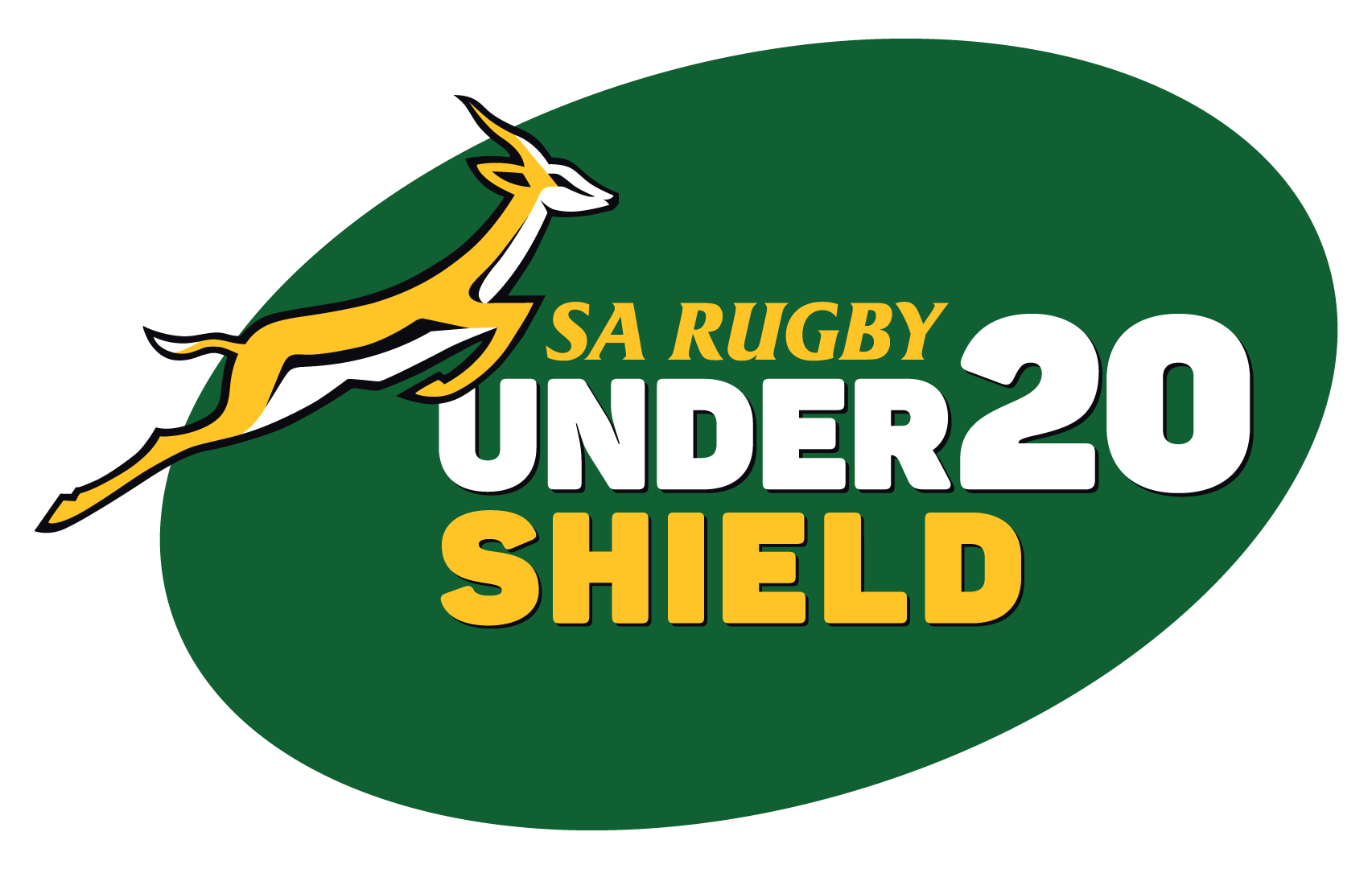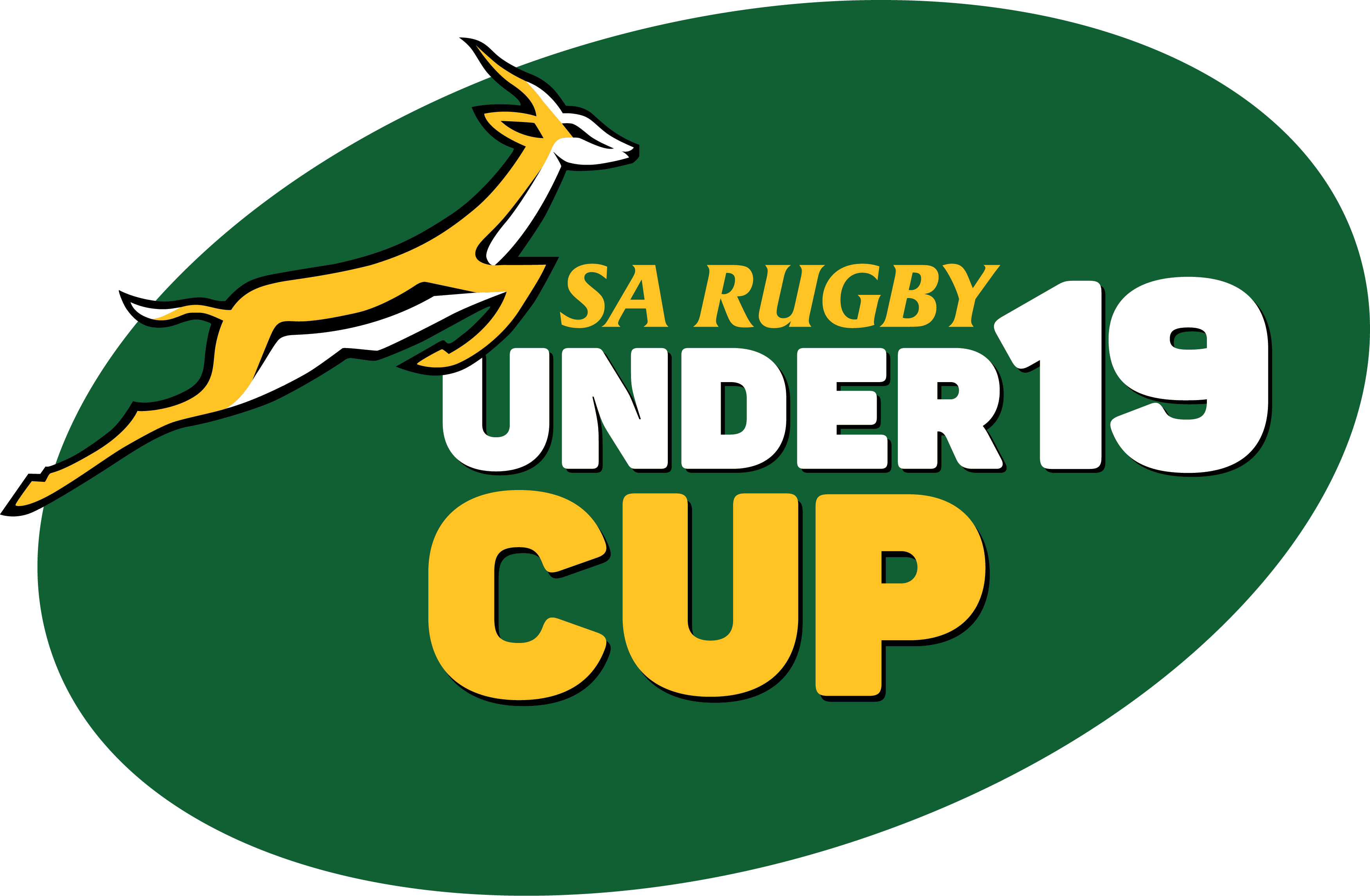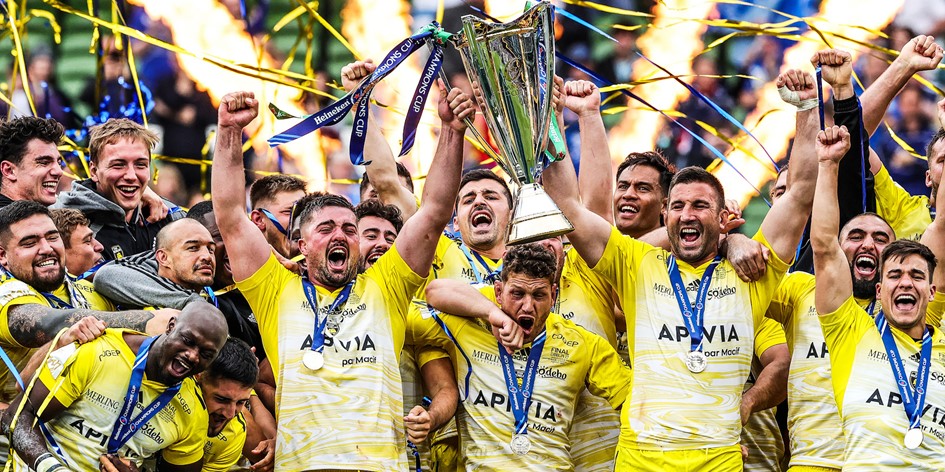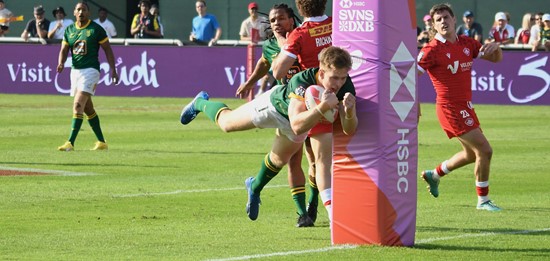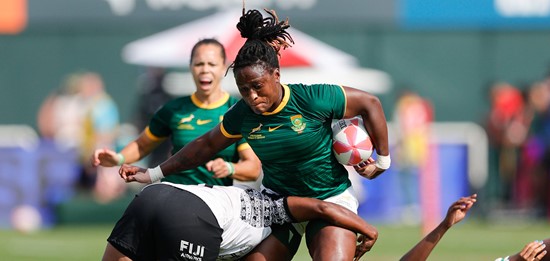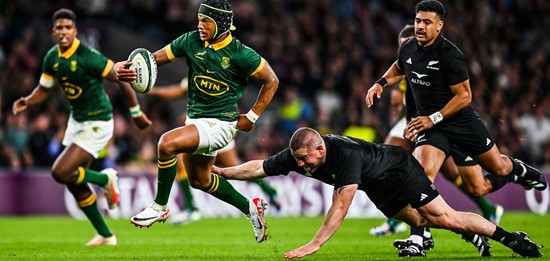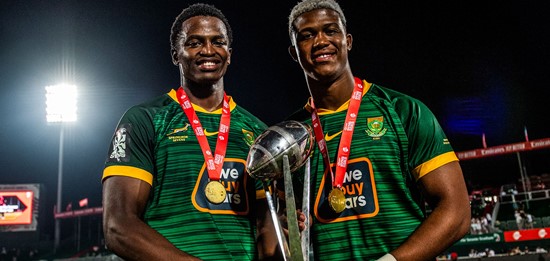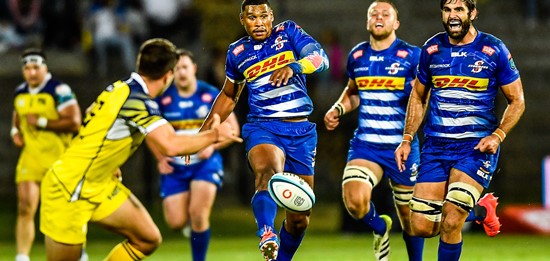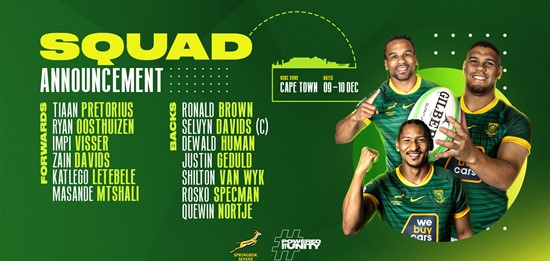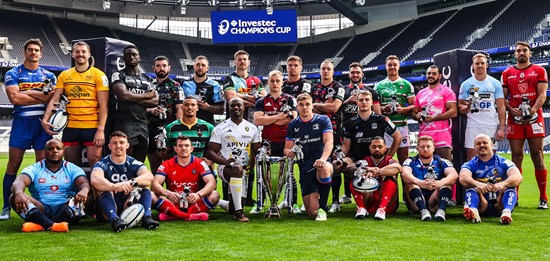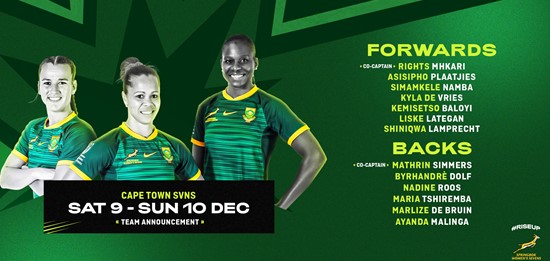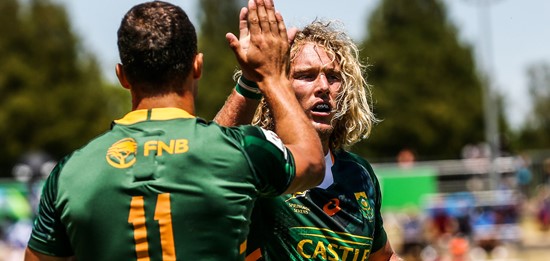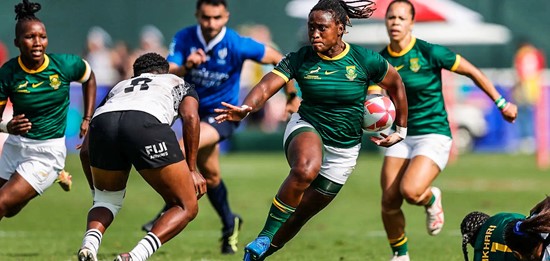Home ground advantage will always play a massive role in the two EPCR competitions, and in the first year it seemed almost overwhelming for some South African franchises in the way they approached the competition, with all sides being blown away in the playoff rounds without making much progress further against some of the European powerhouses.
While only the Vodacom Bulls and DHL Stormers qualified for the Investec Champions Cup, three other franchises - the Emirates Lions, Hollywoodbets Sharks and Toyota Cheetahs - will all be playing in the second tier EPCR Challenge Cup, which also pits them against some top European opposition.
And the impact of the long season, the need to rotate players and the need to protect the long term interests while trying to be successful means a bigger squad and more rotation, with strategic choices already coming to the fore.
The Emirates Lions were the first to make these changes this week, selecting an almost new 26-man squad to head to Perpignan to face the French Top 14 side, where Rugby World Cup winning Springbok lock Marvin Orie plies his trade.
The men from Joburg made their decision based on the tough cross-hemisphere travel via the Middle East, from summer heat to winter cold, and another big game next weekend in the tournament. It thus made sense to split squads so that the outcomes are as good as they can be.
The Vodacom Bulls and DHL Stormers last season found out that sending their top squads abroad and then trying to win at home a week later can be a tough task considering the demands it puts on players.
Emirates Lions forwards coach Julian Redelinghuys was honest in his assessment of the task facing SA franchises in the so-called European Cup weeks, with all the preparation having to be done in South Africa and the focus being on recovery abroad to put the best chance of a victory forward.
“I think it is really interesting how we have to go about it - if you look at our travel schedule, and I don’t think a lot of people are aware of how we have to travel in a week like this,” Redelinghuys said.
“We travel on Wednesday evening and only arrive on Thursday and then we still have a bus drive to our venue. Our game is on Sunday and we only fly back on Monday, we arrive in SA on Tuesday late afternoon. So for you to travel with one squad, play that game and travel back and only arrive back on a Tuesday, that is really tough.
“I think that is why you will see all the teams looking to manage their squads, it also helps with building squad depth and gives you a chance to reward those guys who have worked hard while the other guys were playing.
“That is how we have seen teams doing it and what we will see from South African teams.”
The approach is nothing new. French Top 14 sides often send so-called second string sides abroad for pool games in the EPCR competitions and load their sides with their internationals in front of their home crowds.
And when the playoff rounds come, the teams play their full squads in order to try and add a trophy to the cabinet.
The Vodacom Bulls have already signalled that they will do that in their trip to Lyon next weekend while the DHL Stormers are sending what is probably a second-string outfit to Leicester Tigers with the prospect of Investec Champions Cup defending champs Stade Rochelais visiting Cape Town a week later.
It makes sense for John Dobson to target Stade Rochelais rather than try and spread his squad too thin this week and then perform next weekend in a big game.
“Beating Stade Rochelais is non-negotiable,” Dobson said after the win over Zebre in the Vodacom United Rugby Championship. “If we get a point away from home it will be good, but you just can’t afford to lose at home.
“Stade Rochelais is not only important for us but also for Cape Town. It will be our first real home game of this season at DHL Stadium, and the season already started in October.
“With a few exceptions, the team that played against Zebre is the one that will face La Rochelle. Does it make any sense to detour players like Damian Willemse and Deon Fourie to play in the northern hemisphere and then have them come back for a game six days later?”
All this means that the strategic choices, the two-squad system and a new way of thinking is here to stay and squad depth and the ability to manage the demands of the Investec Champions Cup and EPCR Challenge Cup will really determine how much progress South African rugby has made in Europe.







